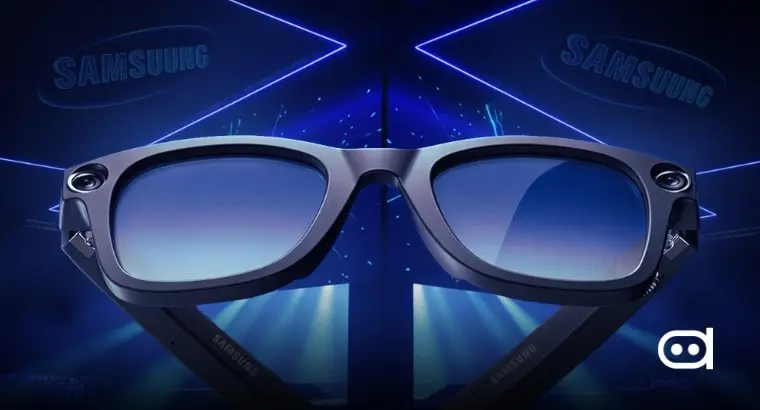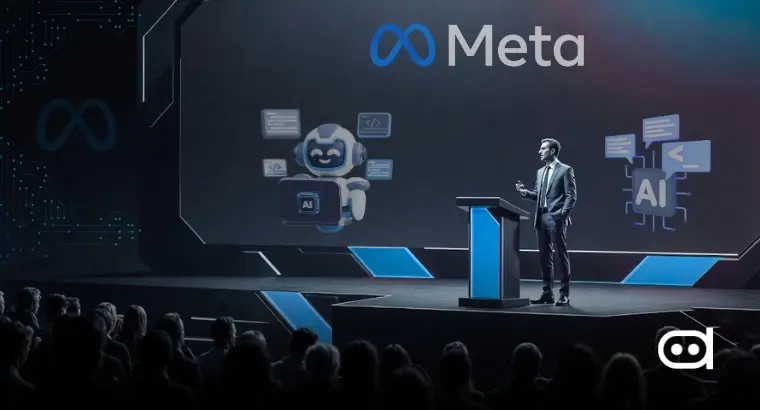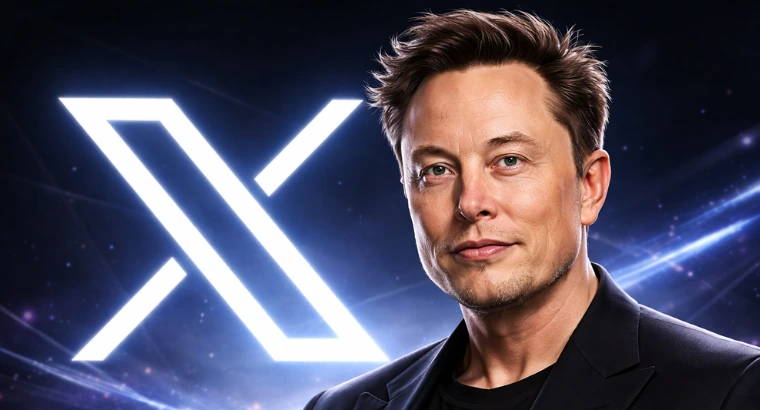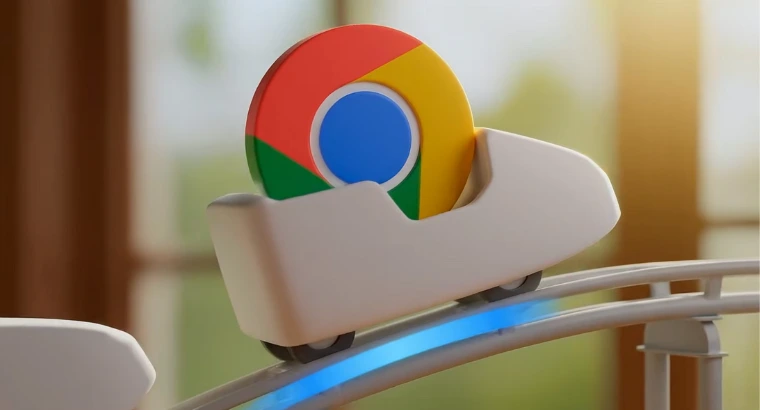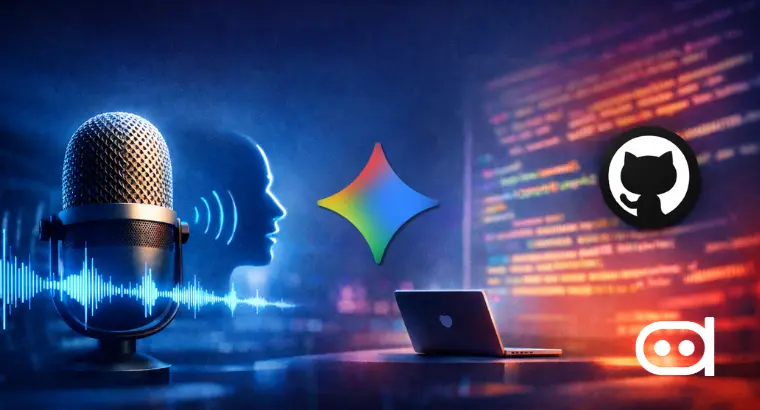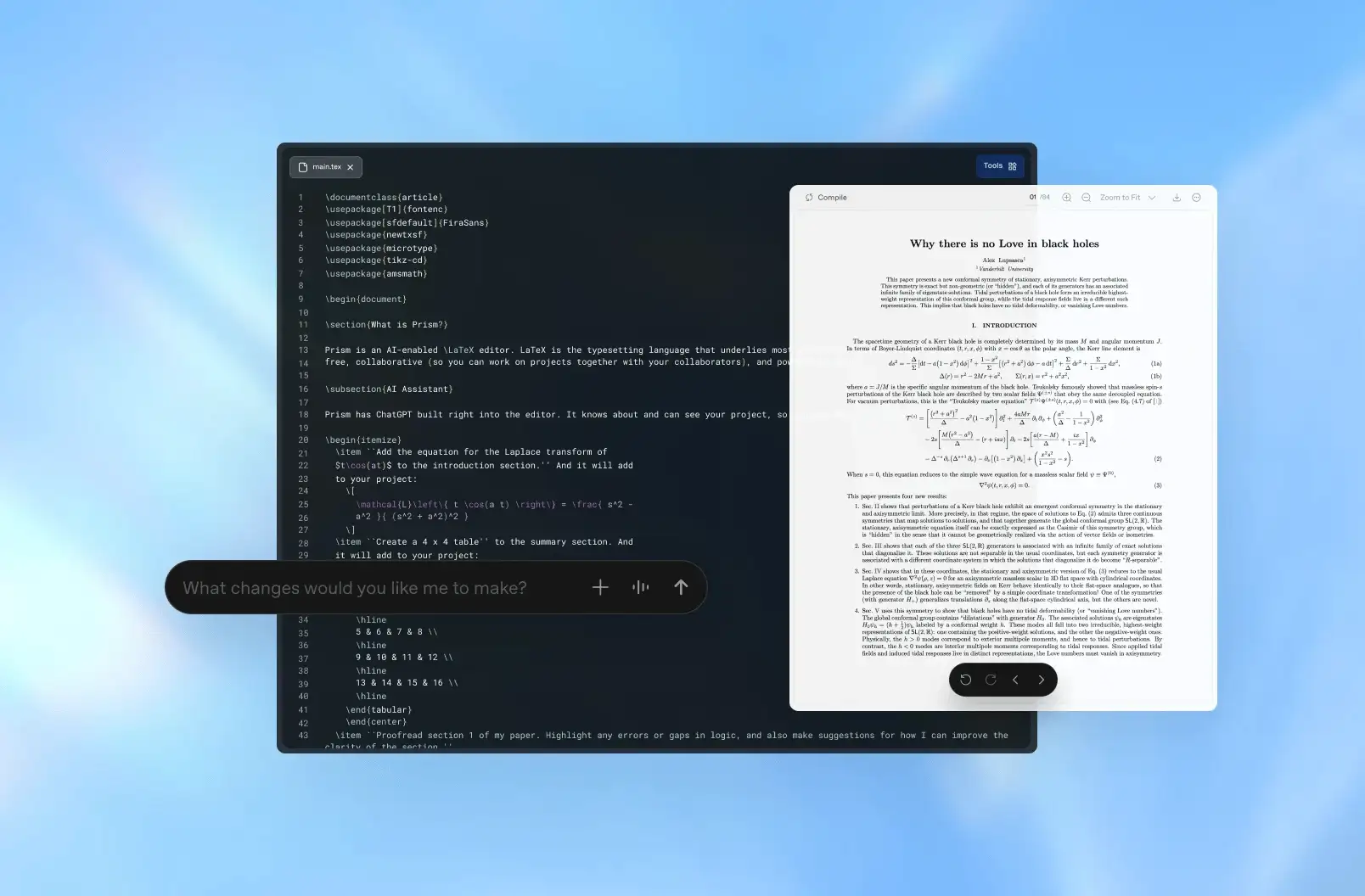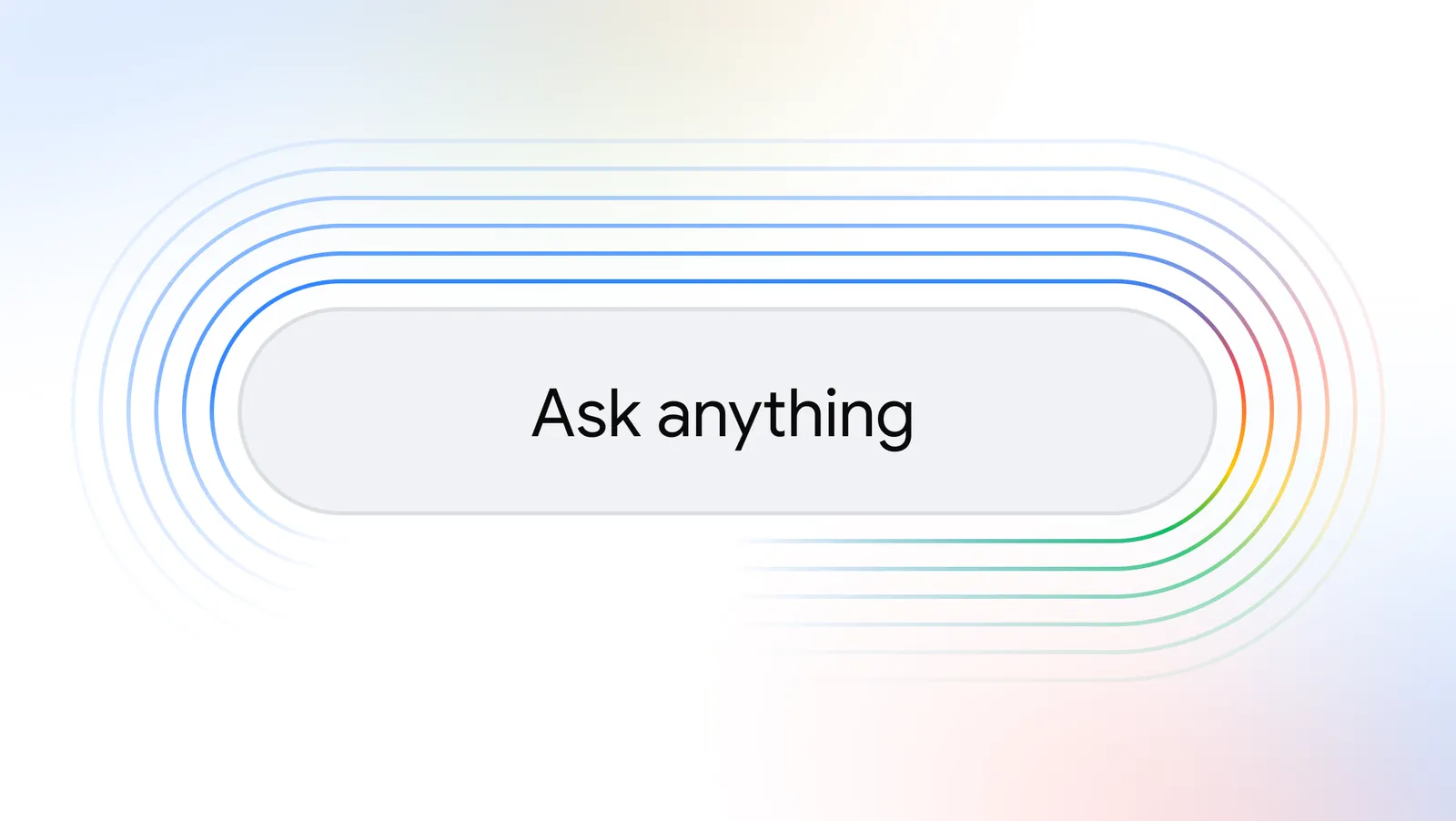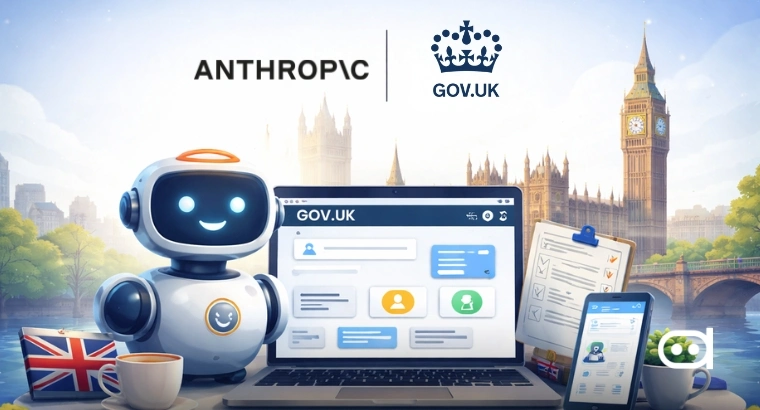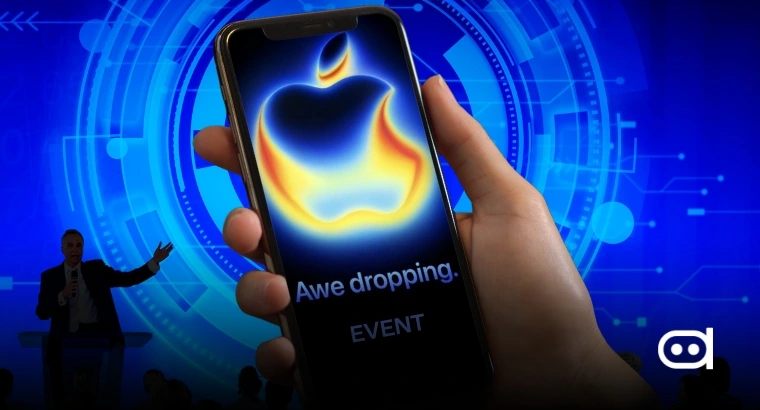
Key Highlights –
- Apple Intelligence was only mentioned 11 times in a 75-minute presentation, a major shift from iPhone 16’s AI-heavy marketing.
- New 5.6mm thin iPhone Air model replaces Plus, emphasizing hardware design over AI features.
- Elon Musk’s lawsuit over alleged anti-competitive practices with OpenAI partnership adds pressure to Apple’s AI strategy.
- Only 11% of users upgrade for AI features, validating Apple’s pivot back to a design-focused marketing approach.
Apple made a strategic decision at its September 9, 2025, “Awe Dropping” event and dramatically downplayed artificial intelligence: a marked turn from the heavy emphasis placed on the AI capabilities during the iPhone 16 launch last year. This move marks Apple’s acknowledgment that its AI-first marketing pitch may have been premature and poorly executed.
In fact, the event was most notable for what Apple chose to say little about. Apple Intelligence, the company’s AI platform that hogged the limelight at the iPhone 16 presentation, got only 11 mentions in the ninety-minute talk, with most of them being passing references. Apple also quietly dropped two AI models on Hugging Face, namely FastVLM and MobileCLIP2, a week before its event.
iPhone 17’s Launch ‘Dodged’ AI features
The launch of the iPhone 17 series truly took centre stage in this event, with 17 Air marking the thinnest iPhone Apple has ever built, at just 5.6mm at its thinnest point. This ultra-slim model replaces the former iPhone Plus and represents Apple’s comeback into hardware designing and innovation as opposed to AI features. As mentioned in a CNET report, the new AirPods Pro 3, new Apple Watch models, as well as enhanced live translation, powered by Apple Intelligence, were presented but not highlighted unlike last year.
Apple’s subdued approach to AI seems to be a reaction to a number of market realities and rising legal pressures. The company has, in fact, compromised greatly on AI promises, with many Apple Intelligence features announced at WWDC 2024 being either delayed or quietly launched. Absent during the keynote was any mention of an AI-enhanced Siri, which seriously puts Apple behind Google and other competitors.
On top of that, Musk’s lawsuit against Apple and OpenAI asserts claims of anti-competitive conduct that suppress innovation, an added hurdle for Apple’s AI efforts. The lawsuit claims Apple’s exclusive arrangement with OpenAI unfairly locks out competition through AI platforms such as Musk’s Grok. This legal pressure might already have had some say in Apple’s decision to scale down AI celebrations at the event.
Consumer sentiment backs the strategic pivot for Apple. According to a 2025 survey from CNET, only 11% of smartphone users upgrade solely for AI features. This would imply that Apple’s previous AI-centric marketing had been directed toward a relatively smaller potential buyer segment, which might have alienated users with concerns around AI’s controversial nature.
It is very timely since iOS 26 rolls out on Monday, and with that comes the pour of AI features, albeit behind closed doors and without any grandstanding from Apple. This way, Apple continues to work on AI without having to overpromise on capabilities that might not be ready for prime time.
Apple’s restraint in promoting AI reflects broader industry learning about consumer AI adoption. The likes of Google, Samsung, and Microsoft have been quite aggressive in plugging AI capabilities into their devices, whereas consumer uptake in many cases has been slower than anticipated. A focus on concrete hardware improvements, such as the thinnest-ever Air, may be rewarded better in terms of upgrade prompts by consumers. The strategy implies that beautiful hardware design remains at the very core of Apple, even as it moves to build better AI on the sly.

